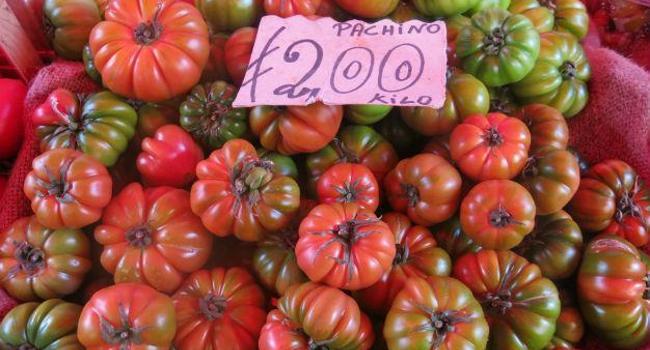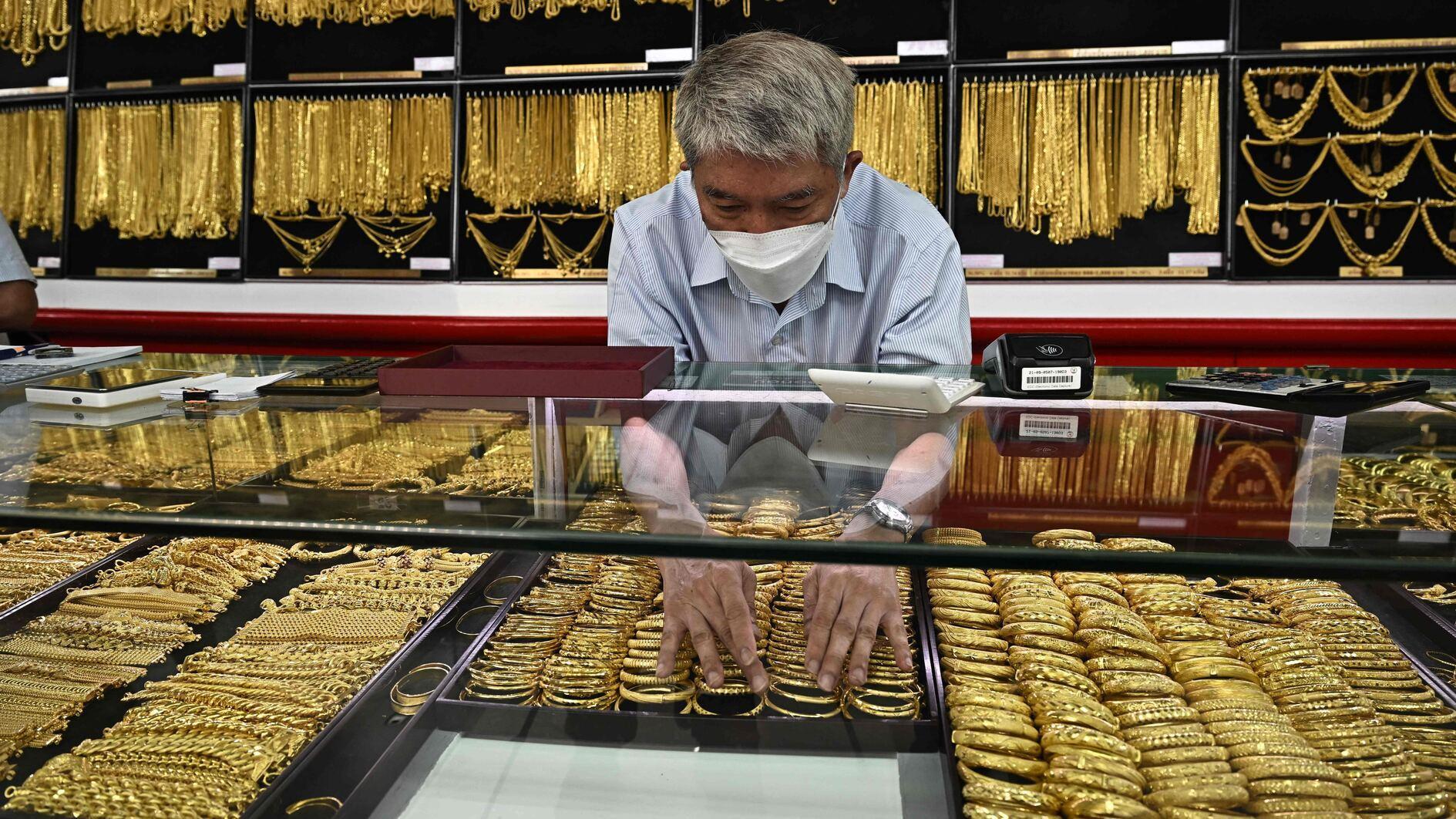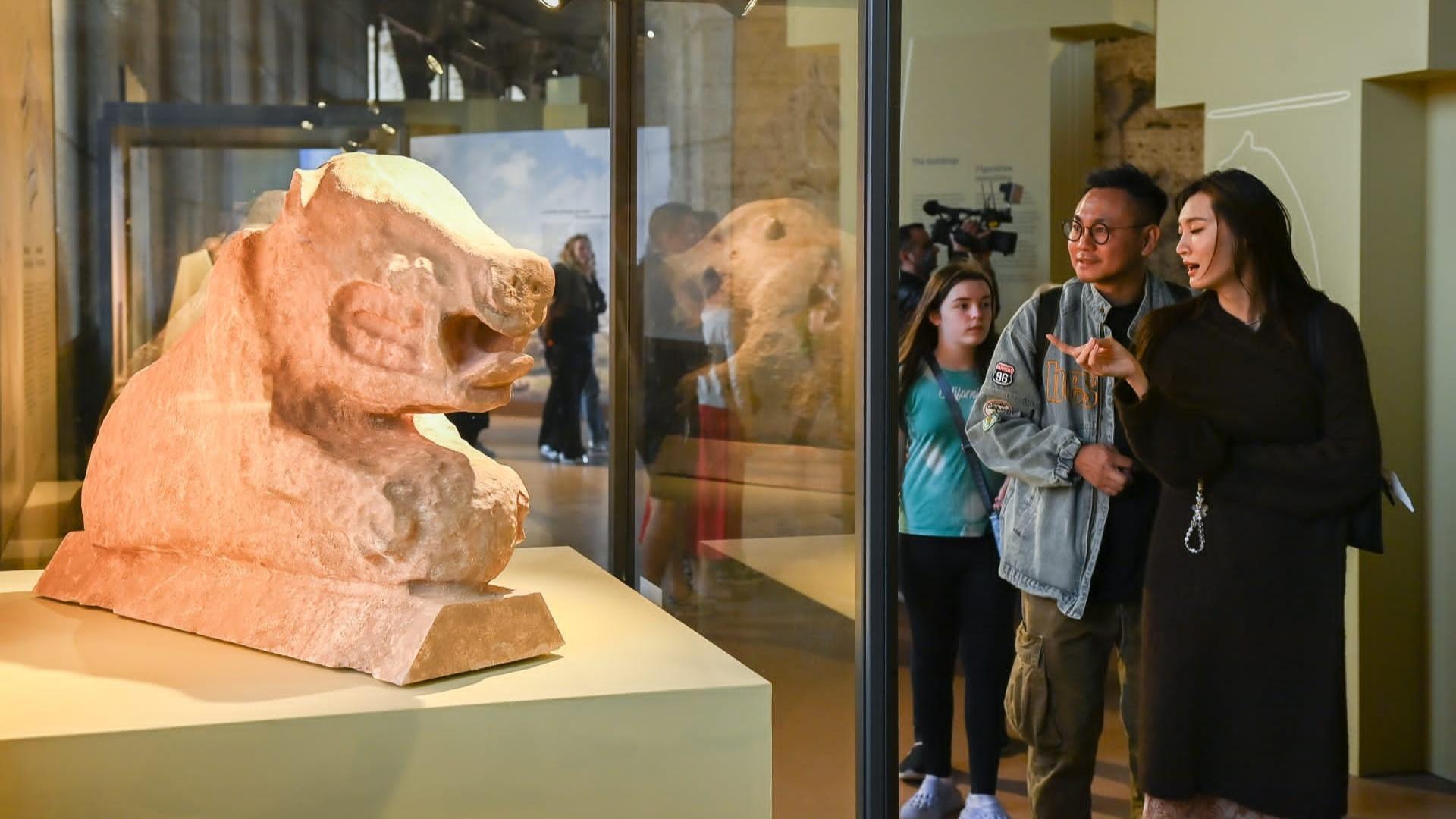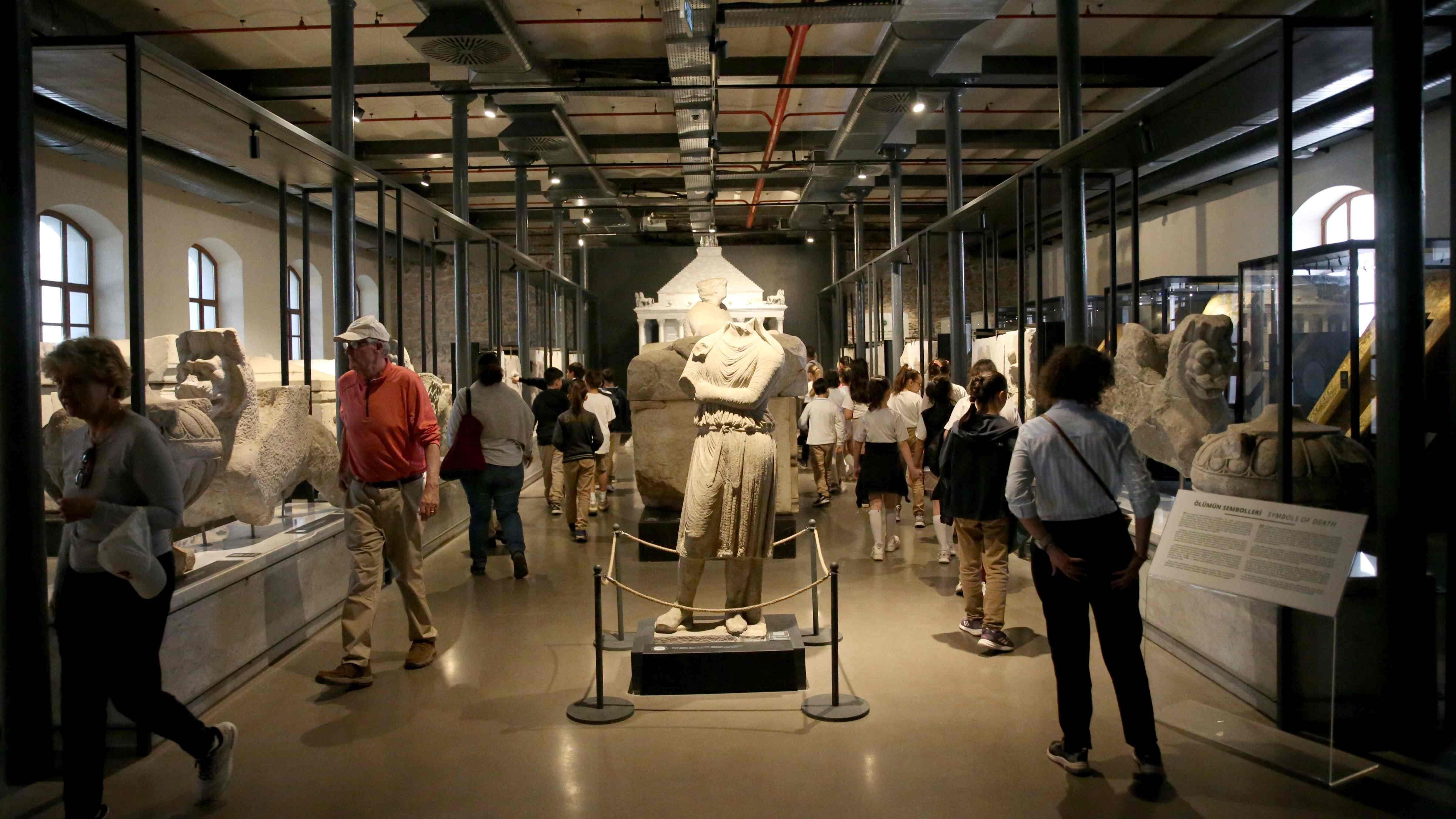Spargelzeit!
The news sounded almost surreal. When borders were closed and inter-country travels were stopped, it was about 12 airplanes packed with passengers taking off for Germany. The scene at the airport was of a packed crowd, far from social distancing.
It was a group of seasonal workers being transferred from Romania to Germany to pick asparagus. At times when almost the whole of Europe is in total shutdown, this may seem awkward to many, but for the ones who know the realities of European agriculture, this phenomenon is business as usual, an annual pilgrimage, a routine that is repeated every single year.
The German officials claimed that everything was handled with great care, occasional medical checks will be executed, and the workers would not be allowed to leave the working site. Amid the biggest crisis Europe faced since WWII, the so-called asparagus working camp surely has unpleasant connotations in mind, not to mention all the medical checks that remind us of the 1960’s in Turkey: The scenes of Turkish peasants lined up half-naked to be checked by German doctors in hopes to be accepted as a Gastarbeiter in Germany. Gastarbeiter is a term nailed by Germans, meaning guest worker, showing clearly their initial intention of sending them back when their labor was not needed. Now the third generation is still there.
The reality is today in richer countries of Europe, local citizens do not really bother to work in fields, but peasants from poorer countries, from eastern Europe, earning half the average wage of locals is still big money. These seasonal workers are experienced in asparagus-picking, which is hard work and requires certain training. We also know that the crop does not wait, it needs harvesting on time otherwise it will all go wasted.
Spargelzeit, or the asparagus season as called in German, is taken extremely seriously in Germany. From mid-April to late June, for about eight weeks, it is all about asparagus, in particular the white one, which requires special methods to grow. They need to be consumed very fresh not to lose their natural sweetness, otherwise there will be some bitterness. They say it must be picked in the morning and eaten for lunch (Morgens gestochen und mittags verzehrt). Steamed and served with a pool of melted butter or Hollandaise sauce, white asparagus is a deeply loved spring delight. Of course, there are many other ways from soups and starters to mains to enjoy the lovely sprout, but the season comes to an abrupt end on July 24, when the Spargelzeit is officially declared over. From then on it will be summer and the season of summer fruits. As they say in German, Kirschen rot-Spargel tot, when cherries are red and the asparagus is dead.
Asparagus is the sign of spring, the end of winter, but this year it signals another crisis coming. The asparagus-picking crisis raises a very important question for the forthcoming summer season. What will be the harvest like? It must be known that around the globe, most crops, especially the ones that cannot be robotized and require manual labor are picked by “guest” seasonal workers. The practice ranges from voluntary working pilgrimages with well-organized facilities and working conditions to almost forced labor that can even be described as modern slavery, especially in the case of illegal African refugees in southern Italy, picking oranges or tomatoes.
Who picks your tomatoes?

No country is exempt, it happens everywhere, cheaper labor is like electricity; it finds the shortest cut and finds its way instantly. Georgians are coming to pick tea in Turkey; both parties seem to be happy. They come as family, they earn enough money to sustain the family for the year round, the Turkish tea growers are happy as it costs less for them, but also the efficiency is much higher as Georgians have a long history in tea-growing. Similarly, the same efficiency is valid for the pistachio or olive pickers on the Turkish side of the Syrian border, of course they are refugees, not voluntary seasonal migrant workers. Still it is job for them, though some are very poorly paid, if at all, but many settle for conditions, they have protection, shelter and food. They are skilled as were doing exactly the same thing back in their own country, as pistachio and olive groves dominate the landscape on the other side of the border. The oddest migrant workers come for husbandry. As no youngster is willing to tend herds anymore, Afghan shepherds are much in demand, to take care of flocks of sheep. Given the fact that the terrain is similar, it is totally understandable, but still, it sounds a tad strange.
Spargelzeit signals the harvest crisis we will soon have. For the asparagus pickers German authorities say this year is ok, Alles in Ordnung! Really? Their love of asparagus showed us the crookedness of the system. As long as we need to eat, we need to rethink our agriculture systems.
Fork of the Week: I call them the king and the queen of asparagus in Turkey, the only two growers in the country. Arman Batur started first in Laçin valley in the vicinities of Eskişehir. His brand named Sarıcakaya Kuşkonmaz Vadisi is already the leading supplier, producing green, purple and the newly introduced white asparagus. It must be stated his pickers are from nearby village, sustaining livelihood of locals. Inspired by him, Aslı Aksoy started growing asparagus in Muğla, naming her company Elibelinde / Arms Akimbo, a very meaningful name, pinpointing to the empowerment of women. Her take was to support local women, she has a team of women asparagus pickers, even the tractor driver is woman, and she likes to call the sprouts as “my girls.” Just leave a message giving your name and address and choice of box, mailto:asli@elibelindetarim.com, and she will send you her girls and you do the payment later. Check both websites, and you’ll be tempted to order a few boxes.
https://kuskonmazvadisi.com
http://elibelindetarim.com/
Cork of the Week: Though asparagus calls for white wine, it is a tricky match; it may clash with certain grapes. Many pair it with Sauvignon Blanc, but I find Sauvignon Gris or Pinot Gris even better. Though there are numerous wineries growing SB, the others are as elusive as asparagus in Turkey, luckily except one pioneer grower in Kırklareli, Thrace. Zeynep Arca Şallıel is the woman that introduced passionately the both Gris grapes to Turkey. She is now listed 60th in the Female Founders Club, as one of the top women entrepreneurs.













